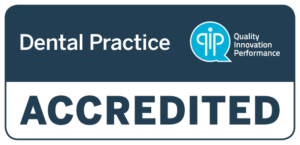Over the years we have seen many people return from overseas after having had a dental “holiday” and we have helped them through the associated problems that have unfortunately occurred with their treatment.
Recently there was a lot of media attention regarding the introduction by a major Australian health fund of dental and medical tourism packages for Aussies to have their healthcare undertaken overseas, and it is not uncommon to open the weekend papers and see an advertisement. It is a growing industry with people attracted to the idea of having a ‘free’ holiday whilst having their dental or medical treatment undertaken in an exotic country such as Vietnam, India, the Philippines, Thailand, Peru, Hungary or Poland. However, could there be risks associated with dental or medical care in countries where you can’t even drink the water?
Complex dental treatment can sometimes come at a high cost, and people are often curious about the differences in cost for dentistry around the world, asking “shouldn’t it be the same from country to country?”
Whilst dental holidays may appear to be a low-cost solution at first, the real cost of this kind of treatment can be much higher in time, money and discomfort once the initial treatment is completed. While you may know someone who has happily travelled overseas for dental treatment, or you may be considering planning a dental tourism trip, everyone should be aware of the potentially serious risks and considerations.
Treatment planning
The dental wants or needs of an individual vary as does the time taken to undertake a treatment plan. For some individuals their dental care may require only a few fillings whilst others may require complex dental treatment involving implants, bone grafting, root canal treatment and/or crowns. These complex dental treatment plans often need to occur over an extended period of time to be successful. For example, an implant may need 3 months to heal after being placed before the crown or any load can be placed on it. Dental “holidays” involve condensing treatment that would normally take months to complete into only a few weeks. This treatment often looks great initially but unfortunately can start to fail only weeks after returning home.
Sterilisation
Quality of Materials
Dental materials in Australia are approved for use by the Therapeutic Goods Administration (TGA). Australians interested in dental treatment overseas commonly seek complex treatment such as crowns, bridges or implants and the materials used may not be of a quality that would be accepted for use in Australia. If on returning to Australia and your overseas dental treatment develops problems because the materials were cheap, damaged or faulty – will you be able to return to the dentist overseas to rectify the problem? Or could you be faced with having the work re-done in Australia at an additional cost? Some of the implants used overseas do not have TGA approval in Australia, and therefore, we are unable to obtain the parts to repair or maintain the implant.
At Medland Dental we are lucky enough to have a dental laboratory onsite, who are able to work with the dentists to manage your treatment. We guarantee that none of your laboratory work is sent off-shore to cut our costs, and we use the highest quality TGA approved materials to fabricate your crown, bridge, denture or implant. Furthermore our Medland dentists keep current with research developments and advances in technology to ensure the treatment and materials we provide will maintain beautiful smiles for as long as possible.




